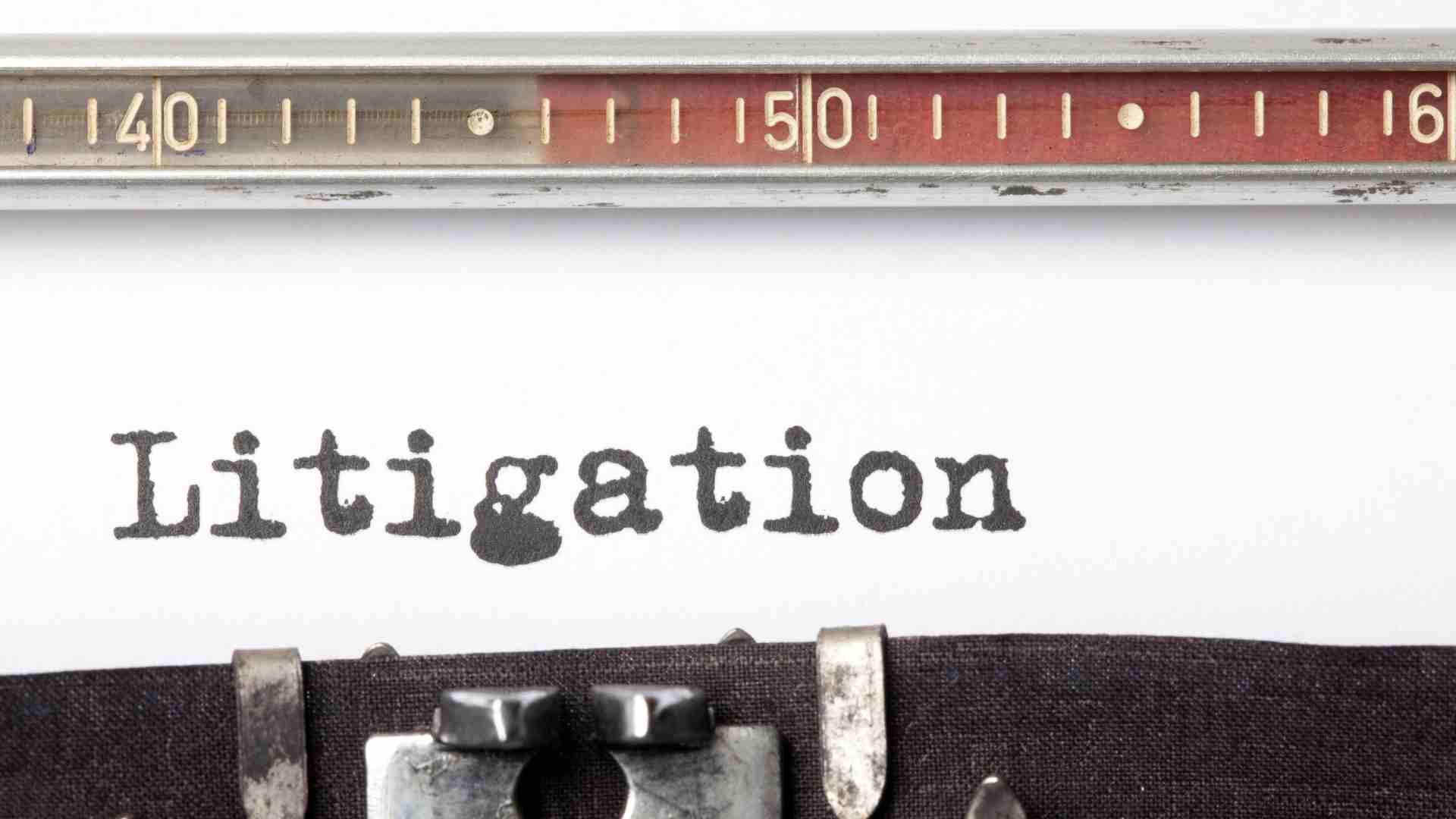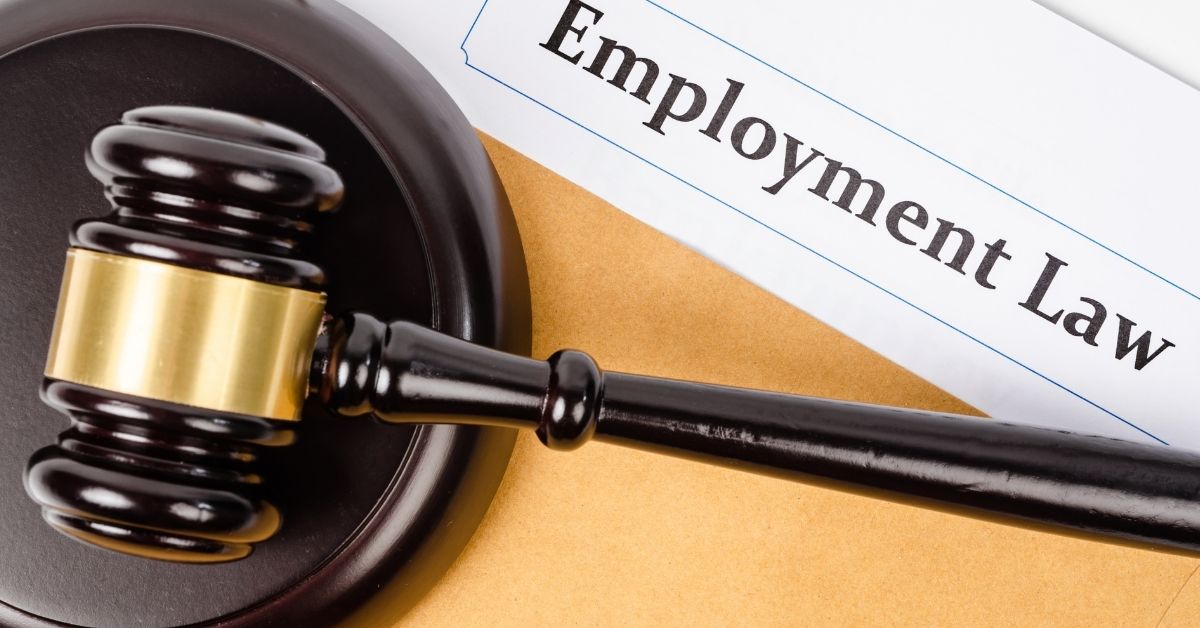What Does Litigation Mean in a Personal Injury Case?

Litigation is a process used in personal injury cases to resolve claims between two parties. In a personal injury case, litigation typically refers to the process of suing for damages after someone has been injured. These injuries typically are caused by the negligence or intentional actions of another party.
The Process of Litigation In Personal Injury Cases
The process of litigation in a personal injury case begins when the injured party, known as the plaintiff, files a complaint. This complaint or “claim” is against the party who caused the injury, known as the defendant. The complaint outlines the allegations against the defendant. This includes the facts of the incident, the injuries sustained, and the damages sought after.
Once the complaint has been filed, the defendant has the opportunity to respond with a legal document called an answer. In the answer, the defendant may admit or deny the allegations made in the complaint, and may also raise any defenses they have to the claim.
If the two parties are unable to resolve their dispute through negotiation the case may proceed to trial. At trial, both parties will present their case to a judge or jury, who will decide the outcome.
9 Steps of Litigation in Personal Injury Cases
Nonetheless there are several steps involved in the litigation process in a personal injury case. Because of this it is important to take a closer look at the steps of litigation.
Pre Litigation
Before a lawsuit is filed, the injured party may try to resolve the dispute through negotiations with the party they believe is responsible for their injuries. This can often be done with the help of an attorney.
Filing a Complaint
If the parties are unable to reach an agreement, the injured party may file a complaint in court. The complaint outlines the allegations against the defendant and the damages sought.
Service of Process
After the complaint has been filed, it must be served on the defendant. This is typically done by delivering a copy of the complaint to the defendant.
Answer
The defendant has a set amount of time to respond to the complaint with an answer. In the answer, the defendant may admit or deny the allegations made in the complaint, and may also raise any defenses they have to the claim.
Discovery
During the discovery phase, both parties have the opportunity to request information and documents from each other, as well as to take depositions of witnesses. The purpose of discovery is to allow both parties to gather the evidence they need to prepare for trial.
Motions
Either party may file a motion with the court to request a certain action or ruling. For example, a party may file a motion to dismiss the case or to exclude certain evidence from trial.
Pre Trial
Before the case goes to trial, the parties may participate in a pretrial conference with the judge. Particularly this is an opportunity for the parties to discuss any outstanding issues and try to reach an agreement.
Trial
If the parties are unable to resolve their dispute through negotiation or alternative dispute resolution methods, the case will go to trial. At trial, both parties will present their evidence and arguments to a judge or jury, who will then decide the outcome of the case.
Appeal
If either party is unhappy with the outcome of the trial, they may have the right to appeal the decision to a higher court.
Litigation in personal injury can be a complex and time-consuming process, but it is often necessary in order to seek justice and compensation for personal injuries. With the help of a Los Angeles personal injury lawyer you can understand the litigation process and the steps involved.
It is important to note that not all personal injury cases go to trial. Especially when it comes to personal injury cases, many cases are resolved through negotiations. In these cases, the parties may reach an agreement on damages and the case will not proceed to trial.
Litigation in Personal Injury Can Be Complex
Litigation can be a complex and time-consuming process, but it is often necessary in order to seek justice for personal injuries. It is important for anyone considering pursuing a personal injury case to understand the litigation process and the steps involved.
First, the key consideration in any personal injury case is the statute of limitations. This is a time limit within which a lawsuit must be filed. If a lawsuit is not filed within the allotted time, the injured party may be barred from pursuing their claim. The statute of limitations can vary depending on the state so it is important to consult with a Los Angeles personal injury attorney to determine the applicable time limit for your case.
Litigation in a Personal Injury Case
Overall, litigation in a personal injury case is a legal process that is used to seek compensation for injuries caused by the negligence or intentional actions of another party. Additionally, It is a complex process that involves many steps, and it is important for anyone considering pursuing a personal injury case to understand the litigation process and the steps involved. An experienced Los Angeles personal injury lawyer can help with this.
Contact A Los Angeles Personal Injury Lawyer
If you have been injured in an accident it is important to contact a Los Angeles personal injury lawyer quickly. The personal injury lawyers at B|B Law Group can help you collect evidence and evaluate your case. Contact us today.
Los Angeles Personal Injury & Employment Lawyers
At B|B Law Group, our goal is simple: preserve and protect the legal rights of the people of Southern California. Our award winning team of personal injury and employment lawyers are experienced in the fields of personal injury, employment and habitability law, and it is our mission to provide our clients with the best legal representation.
If we don’t win, you don’t pay
If your case isn’t successful, you have our guarantee that you won’t have to pay for anything. No hidden fees, costs or conditions — that’s our promise.


